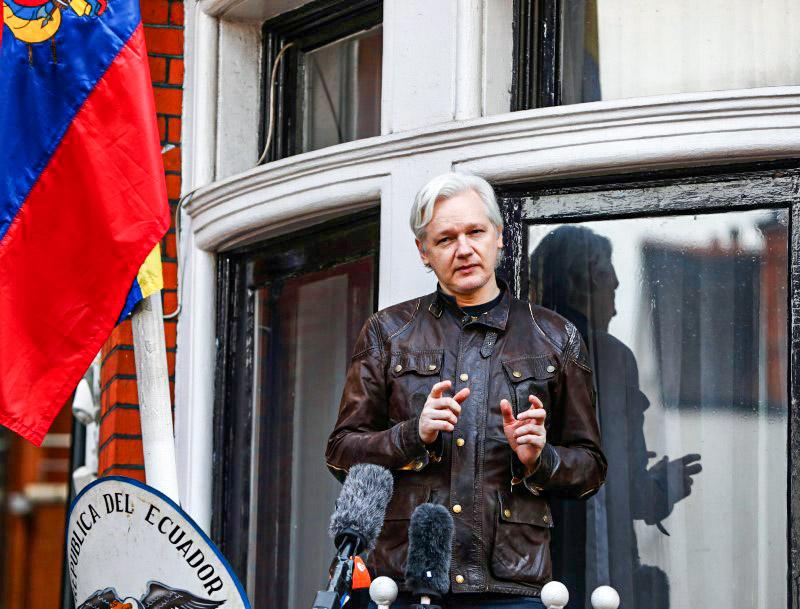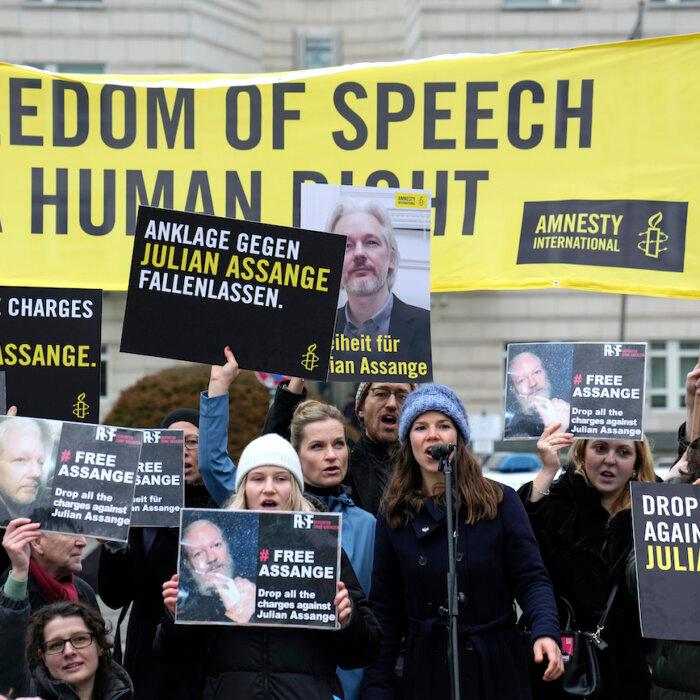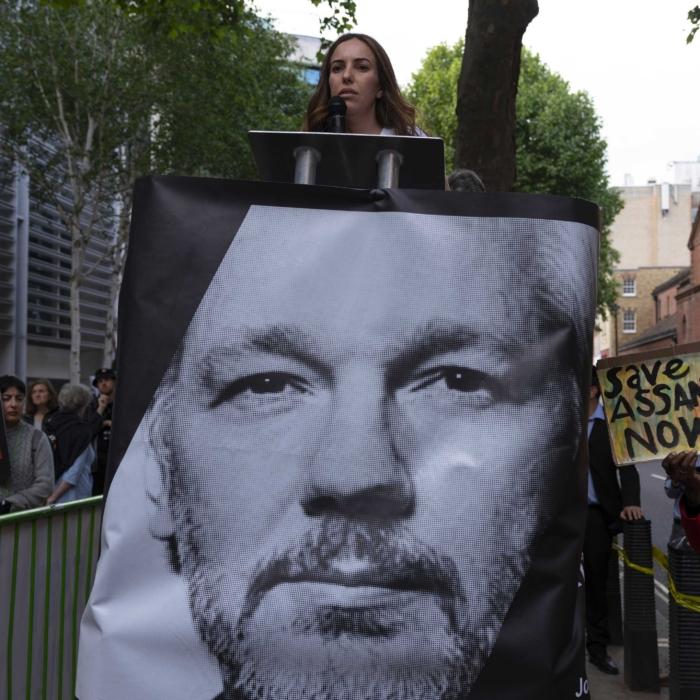The founder of WikiLeaks has won the right to challenge extradition to the United States where he faces espionage charges.
At his final extradition hearing on Monday, the High Court in London decided that Mr. Assange will be able to bring an appeal.
The two judges granted permission to appeal over freedom of speech and nationality points.
WikiLeaks
American authorities are pursuing offences that relate to Mr. Assange’s alleged role in “one of the largest compromises of classified information in the history of the United States.”The U.S. authorities want to put the Australian-born Assange on trial on 18 charges, nearly all under the Espionage Act, saying his actions with WikiLeaks were reckless, damaged national security and endangered the lives of agents.
Edward Fitzgerald, KC, for Mr. Assange, said most of the promises were “blatantly inadequate” but that they had accepted the promise about the death penalty.
In written submissions, Mr. Fitzgerald said that while the assurance over the death penalty was “an unambiguous executive promise,” the other assurance does not give “any reliable promise as to future action.”
“What needs to be conclusively removed is the risk that he will be prevented from relying on the first amendment on grounds of nationality,” he added.
Lawyers on behalf of the United States said Mr. Assange’s bid to bring an appeal should be refused given the promises provided in a note from the U.S. embassy in London.
175 Years in Prison
James Lewis, KC, for the United States, said in written submissions that there is “no question” that Assange, if extradited “will be entitled to the full panoply of due process trial rights, including the right to raise, and seek to rely upon, the first amendment as a defence.”He later told the court: “The assurance does make it clear that he will not be discriminated against because of his nationality.
“He can and will be able to raise all those arguments and his nationality will not prejudice a fair trial.”
The development was one the last last legals roll of the dice in Britain. His wife and supporters say the Australian national faces 175 years in prison if he is extradited.
‘Canary in the Coal Mine’
Commenting on social media platform X, former Labour shadow chancellor John McDonnell said, “If we allow him to be extradited he will be at risk & no journalist will be safe in exposing state war crimes.”In February, WikiLeaks Editor-in-Chief Kristinn Hrafnsson said the extradition would set a precedent that has “dark and serious implications for press freedom all around the world.”
The Icelandic investigative journalist said: “We are seeing a critical attack on press freedom worldwide. It is like a disease—an anti-press pandemic creeping up on us that has been incrementally taking shape over the years. And in that sense Julian Assange has been canary in the coal mine.”






